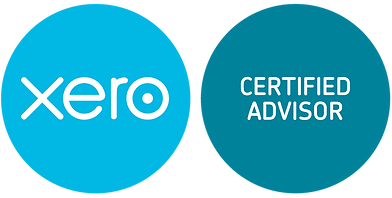Formulating a good overview of what’s different about your offer could set your company apart from the competition.
In today’s highly competitive market, many companies work within the same niche and may often offer similar services of comparable quality. And this plenitude of choice is good news for the customers.
However, every business that wants to rise above the rest will need to define the elements that make it stand out.
In marketing, this is where defining your unique selling proposition or USP comes in. Here are some of the key points to cover when fleshing out your USP.
Key Point #1. Know Your Target Audience
The first step in any marketing campaign is to precisely determine who your ideal customers are. But when it comes to USP, you’ll need an even more detailed picture.
When thinking about the people who will use your service, be as specific as possible. Aim at the narrowest audience that’s most likely to purchase from your company and offer them a well-defined product or service.
Consider what your ideal customers need, want, or lack and focus on those that will find the perfect solution in what you’re offering.
Key Point #2. Explain How Your Product Benefits the Customer
You should answer several questions about how your product affects your customers.
Concentrate on the unique aspects of that relationship and what your product offers that others don’t. For instance:
- Are there specific ways of using your product?
- Can your customers get a different experience with it, compared to the competitors?
- What are all of the benefits your product provides?
- How does your offer differ from the rest in the marketplace?
These aren’t questions you should answer in a rush. Rather, they are guidelines for examining what’s unique about your service.
Key Point #3. Be Assertive and Realistic
Your USP should reflect your business’s confidence about the product or service and leverage its advantages over similar products. Simultaneously, it should be practical and assertive rather than aggressive or confrontational.
It would be best to keep the claims and promises realistic and grounded in practice.
While you want your USP to be impactful, unsupported allegations and flights of fancy will only hurt your brand reputation in the long run.
Key Point #4. Keep It Brief, Simple, and Meaningful
When you’ve defined the most important points of your USP, try to formulate them in a couple of sentences. This will require finding the core of every idea and expressing it in a fluent and engaging manner.
You should adjust the language to what will be most understandable to your potential customers. Avoid sounding too technical and make sure to use the most effective terms. Aim to get your message through and clearly.
Once you’ve done that, go over your USP and try to condense it even further. If you can make your point in a single sentence, don’t hesitate to do so.
Finally, make sure that the final result is a meaningful message, not a generalised slogan. Remember, the U in USP stands for ‘unique’.
Drive Your Business With a Powerful USP
Defining your USP can significantly boost your marketing, sales, and business growth. And if you take the time and put in the effort, the results could push your business to the next level.


